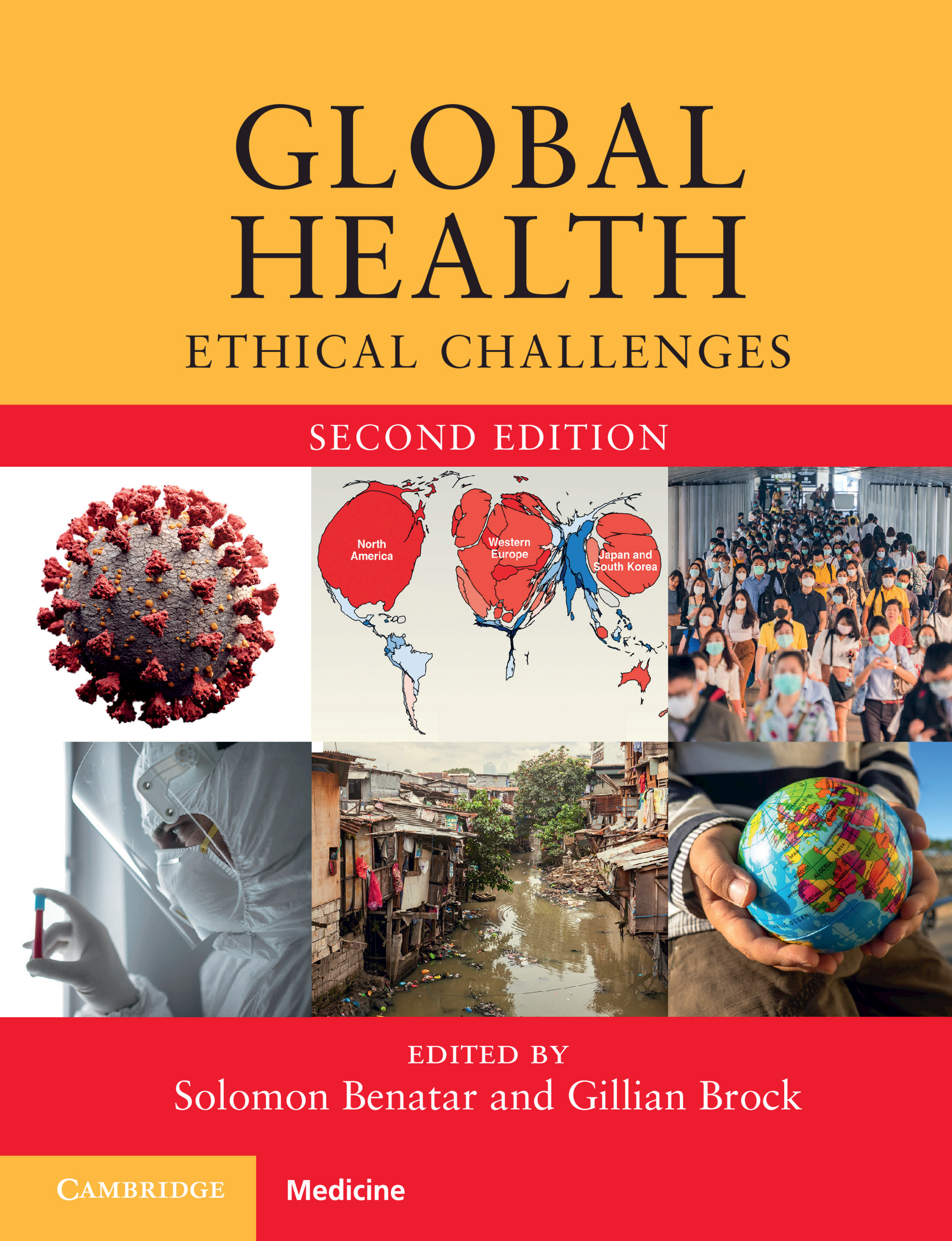Book contents
- Global Health
- Global Health
- Copyright page
- Contents
- Contributors
- Introduction
- Section 1 Global Health: Definitions and Descriptions
- Section 2 Global Health Ethics, Responsibilities, and Justice: Some Central Issues
- Section 3 Analyzing Some Reasons for Poor Health and Responsibilities to Address Them
- Section 4 Environmental/Ecological Considerations and Planetary Health
- Section 5 The Importance of Including Cross-Cultural Perspectives and the Need for Dialogue
- Chapter 25 Global Health and Ethical Transculturalism
- Chapter 26 Giving Voice to African Thought in Medical Research Ethics
- Chapter 27 Interphilosophies Dialogue
- Chapter 28 Reframing Global Health Ethics Using Ecological, Indigenous, and Regenerative Lenses
- Section 6 Shaping the Future
- Index
- References
Chapter 28 - Reframing Global Health Ethics Using Ecological, Indigenous, and Regenerative Lenses
from Section 5 - The Importance of Including Cross-Cultural Perspectives and the Need for Dialogue
Published online by Cambridge University Press: 04 February 2021
- Global Health
- Global Health
- Copyright page
- Contents
- Contributors
- Introduction
- Section 1 Global Health: Definitions and Descriptions
- Section 2 Global Health Ethics, Responsibilities, and Justice: Some Central Issues
- Section 3 Analyzing Some Reasons for Poor Health and Responsibilities to Address Them
- Section 4 Environmental/Ecological Considerations and Planetary Health
- Section 5 The Importance of Including Cross-Cultural Perspectives and the Need for Dialogue
- Chapter 25 Global Health and Ethical Transculturalism
- Chapter 26 Giving Voice to African Thought in Medical Research Ethics
- Chapter 27 Interphilosophies Dialogue
- Chapter 28 Reframing Global Health Ethics Using Ecological, Indigenous, and Regenerative Lenses
- Section 6 Shaping the Future
- Index
- References
Summary
Human health is utterly dependent on the well-being of the wider Earth community (McMichael, 2014; Díaz & Brondizio, 2019). Without clean air and water, livable climatic conditions, and nutritious food, humans cannot survive, let alone thrive. Already, for many, these necessities are increasingly scarce, if not out of reach. Moreover, ecosystems – and the human communities that depend on them – are rapidly deteriorating. Several key boundaries that delineate the safe operating space for humanity have already been exceeded – particularly biodiversity loss and climate change – and the limits in other areas such as ocean acidification are rapidly being approached (Rockström et al., 2009).
- Type
- Chapter
- Information
- Global HealthEthical Challenges, pp. 358 - 369Publisher: Cambridge University PressPrint publication year: 2021



